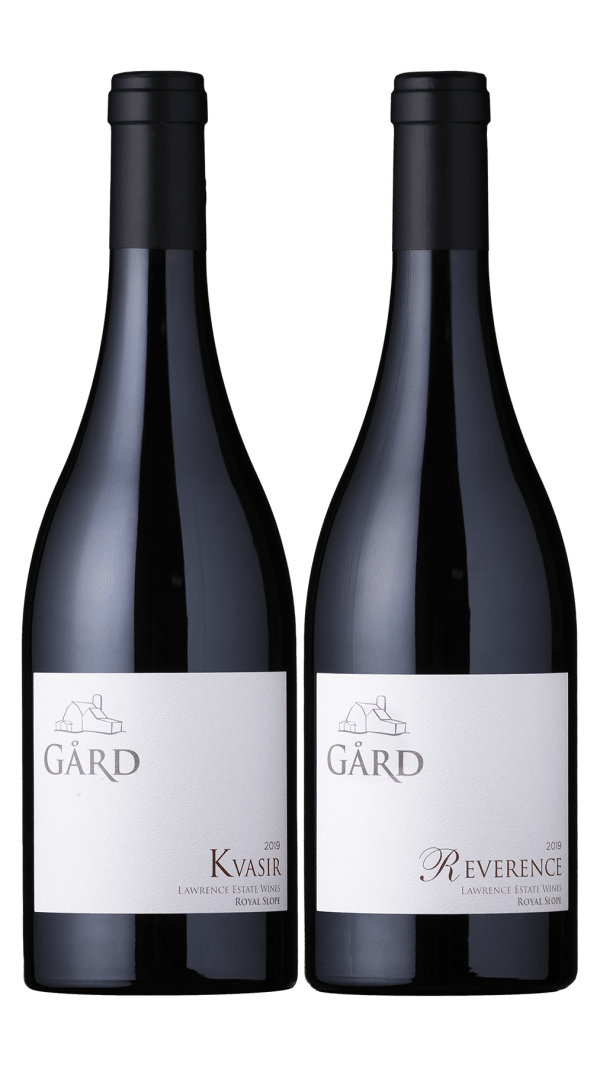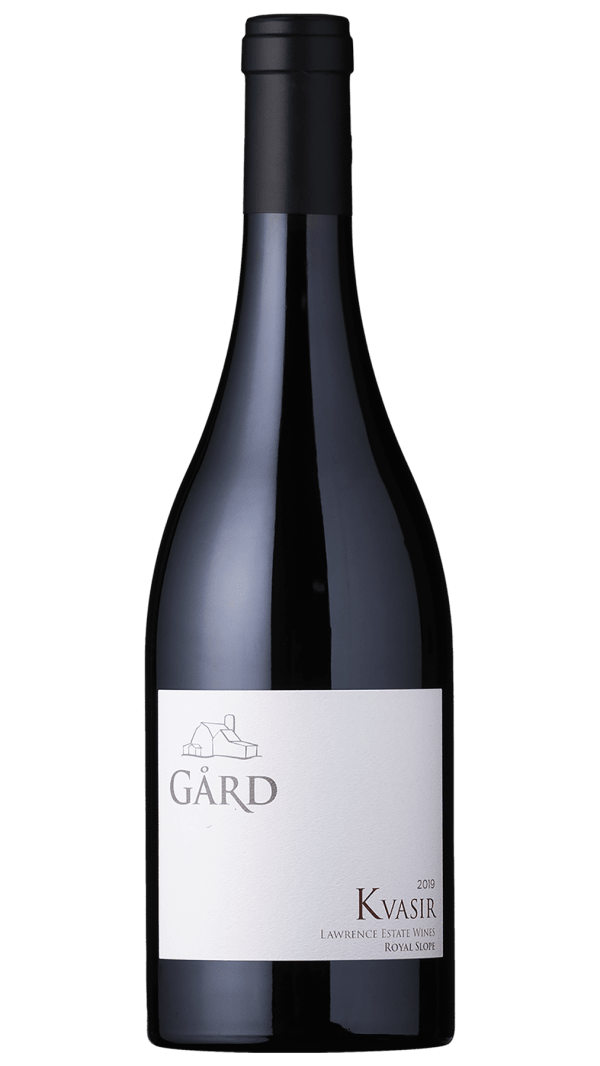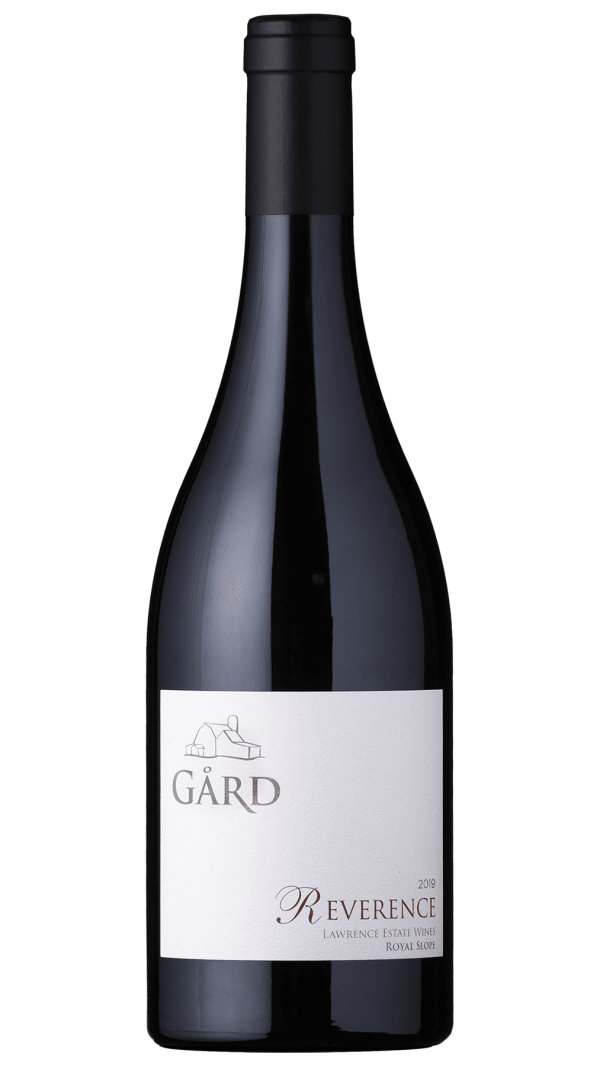The K of Kvasir is Silent
TASTING NOTES:
Kvasir - “Muddled raspberry, white pepper, savory herbs, dried strawberry and sweet tobacco. Swirling brings up sweetness and spice with lots of red fruits, watermelon and even a light plum skin. The palate is bright and delicate with pressed red fruits, raspberry tea and fine ethereal tannins.” (AbV 13.30%, pH 3.74, 74% Mourvèdre 13% Syrah 13% Grenache)
Reverence - “Incredibly precise notes of singed black tea, raspberry, pomegranate, spring flowers and dried strawberry. Swirling intensifies the red fruits and adds plum and currants. The palate has volume and density and is slightly more intense than the color suggests. The finish resonates with red fruits, spice and hint of crème brulee and a consistent streak of loamy minerals and salinity.” (AbV 14.90%, pH 3.54, 91% Grenache 9% Syrah)
BARRELS: 22 months in French oak.
TANGENTIALLY RELATED FACT to help you make conversation over this wine:
Silent letters… boy, the English language sure is full of them. Sometimes they combine to form a particular sound, called an exocentric digraph. These are sounds like “ph” and “gh”, but also “th” and “ng.” Mostly straightforward combos, except those first two. When the two letters end up making the same sound, it is an endocentric digraph. This is all those double consonants when you add things like -ing to the end of a word, but also like in “add” with the “double d’s,” along with extra vowels.
You also have dummy letters that make no noise. Dummy letters get divided between inert and empty. An inert letter is one that exists in the spelling because in different forms the letter actually does have a sound. Damn and damnation, phlegm and phlegmatic, practically and practical if you pronounce the former without the second “a.” Empty letters never have a sound. You know, things like island, answer, surprise.
So why do they exist? Sometimes they have some etymological significance that helps trace back where the word came from and how it evolved. Sometimes the sound associated with it changes. Ones like “gh” used to sound like an “x” or a “k.” Sometimes people just simplified/sped up the pronunciation without changing the spelling. Sometimes people literally just added them because they assumed the wrong root word.
PAIRS WITH (winery recommended): N/A
OR (really-going-with-the-theme-option): A breakfast or dinner of herb-encrusted chicken.


